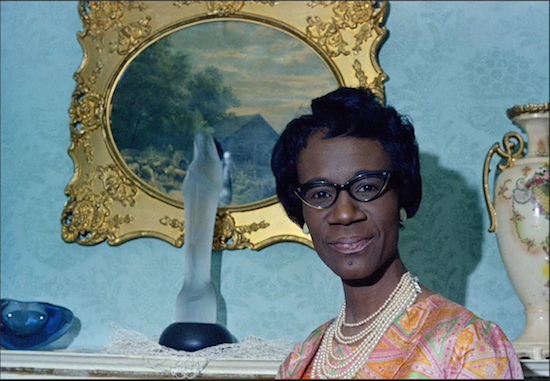Book details how Brooklyn’s Rabbi Schneerson inspired Shirley Chisholm to create WIC program

When President Barack Obama awarded the Presidential Medal of Freedom posthumously to Rep. Shirley Chisholm last week, he was doing more than honoring the first African-American congresswoman. He was also honoring a vision that two leaders from Brooklyn shared.
Chisholm (1924-2005) was raised and educated in both her native Brooklyn and in her mother’s native Barbados. She attended Girls High School in Bedford-Stuyvesant, and pursued a career in education both before and after her life in public service. She served in Congress from 1968 to 1983, representing Brooklyn’s 12th Congressional District.
In 1972, Chisholm became both the first African-American woman to run for president. Her famed campaign slogan was “Unbought and Unbossed.”

Brooklyn Boro
View MoreNew York City’s most populous borough, Brooklyn, is home to nearly 2.6 million residents. If Brooklyn were an independent city it would be the fourth largest city in the United States. While Brooklyn has become the epitome of ‘cool and hip’ in recent years, for those that were born here, raised families here and improved communities over the years, Brooklyn has never been ‘uncool’.